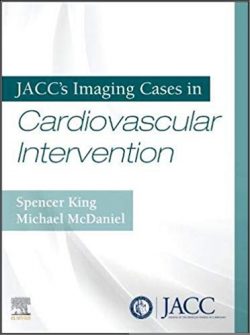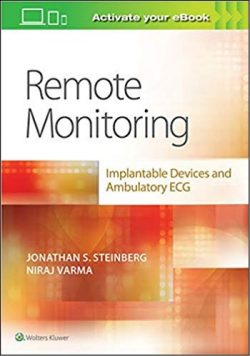Due to the fact that Restless Legs Syndrome/Willis-Ekbom Disease is usually a chronic condition, this book aims to provide physicians with the necessary tools for the long-term management of patients with RLS. The first part of the book addresses the various comorbidities and long-term consequences of RLS on life quality, sleep, cognitive, psychiatric and cardiovascular systems, while the second part focuses on the management of long-term treatment and the drug-induced complications in primary RLS and in special populations. Written by experts in the field, this practical resource offers a high-quality, long-term management of RLS for neurologists, sleep clinicians, pulmonologists and other healthcare professionals.
I. Long Term Health Consequences of Restless Legs Syndrome/Willis-Ekbom Disease
1. Mental Health Disorders Associated with RLS
2. Sleep Impact: Insomnia, Hypersomnia, Sleep Attacks, and Circadian Disorders
3. Cognitive Functioning
4. Health Related Quality of Life and Depression/Anxiety Symptom Measures for the Assessment of Treatment in Restless Legs Syndrome/Willis-Ekbom Disease
5. Epidemiologic Evidence in Cardiovascular Disease
6. Heart Rate and Blood Pressure Changes Associated with Periodic Limb Movements
7. Willis-Ekbom Disease, Periodic Limb Movements of Sleep, and Cardiovascular Disease: Putative Mechanisms and Implications for Long-Term Treatment
8. Peripheral Muscle Changes
9. Outcome and Mortality in Renal Failure-Related RLS
II. Long Term Management of Restless Legs Syndrome/Willis-Ekbom Disease
10. Long Term Pharmacological Treatment
11. Augmentation: Criteria, Prevalence, and Differential Diagnosis
12. Treatment Options When Short-Acting Dopamine Agonists Fail or Cause Augmentation: Switching or Adding Medications
13. Management of Augmentation
14. Managing Concurrent Medications
15. Impulsive Behaviors: Definition, Prevalence, Neurobiology, and Management
16. Impulse Control Behavior in Movement Disorders: Focus on Restless Leg Syndrome
17. Management of RLS During Pregnancy
18. Management of RLS in Children (Unique Features)
Mauro Manconi, MD, PhD
Sleep and Epilepsy Center
Neurocenter of Southern Switzerland
Civic Hospital
Lugano, Switzerland
Diego García-Borreguero, MD, PhD
Sleep Research Institute
Madrid, Spain
Due to the fact that Restless Legs Syndrome/Willis-Ekbom Disease is usually a chronic condition, this book aims to provide physicians with the necessary tools for the long-term management of patients with RLS. The first part of the book addresses the various comorbidities and long-term consequences of RLS on life quality, sleep, cognitive, psychiatric and cardiovascular systems, while the second part focuses on the management of long-term treatment and the drug-induced complications in primary RLS and in special populations. Written by experts in the field, this practical resource offers a high-quality, long-term management of RLS for neurologists, sleep clinicians, pulmonologists and other healthcare professionals.
Written by experts in the field
Practical, easy-to-ready guide that provides physicians with the tools for long-term management of patients with RLS
Addresses comorbidities and long-term consequences of RLS on life quality, sleep, cognitive, psychiatric and cardiovascular systems, and also drug-induced complications in primary RLS and in special populations





